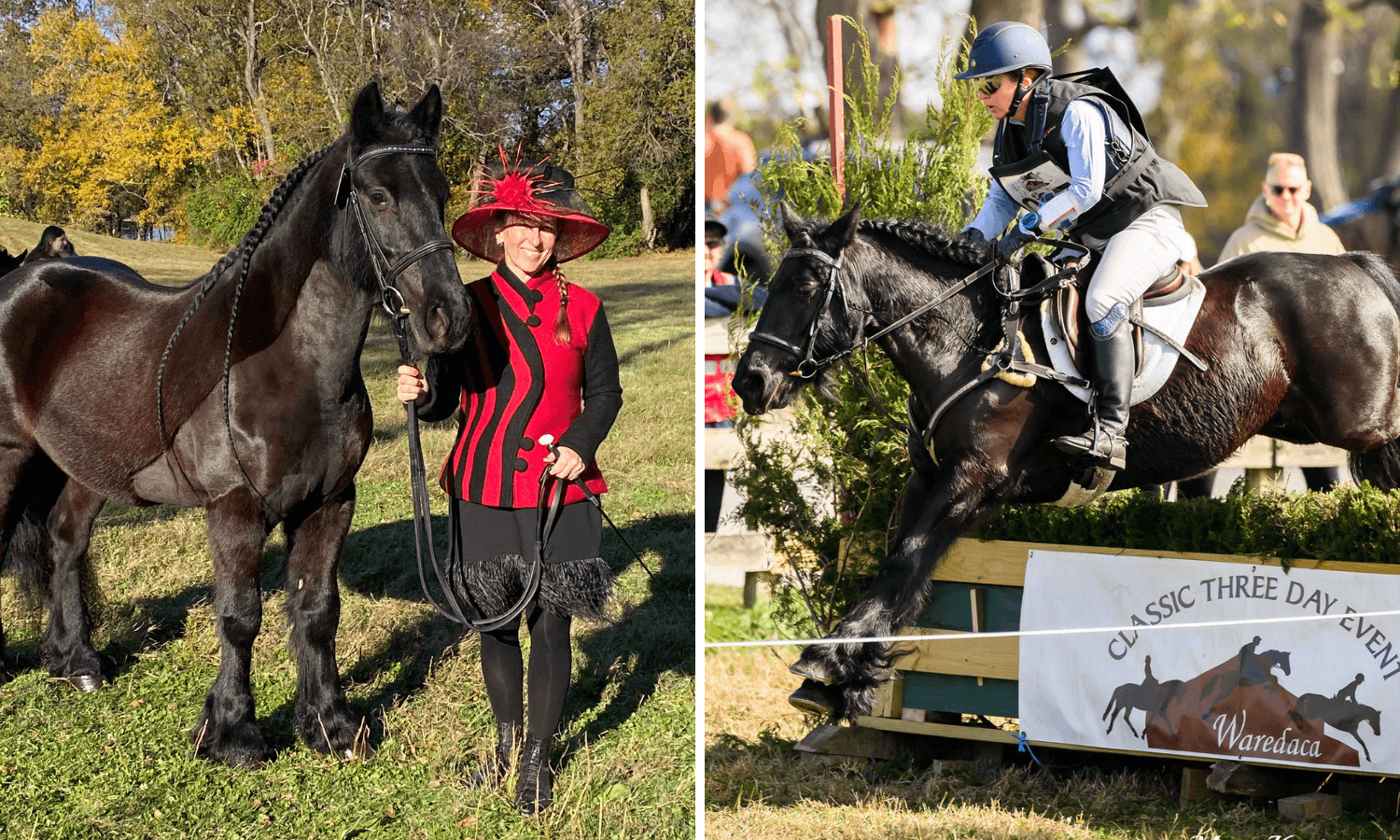Unapproved Ulcer Products are Just Bad Medicine
Recognizing signs of equine stomach ulcers is familiar to Carolyn Littel, VMD, an equine veterinarian from Fawn Grove, Pa. Whether it’s due to poor performance,1 decreased appetite,1 recurrent colic1 or poor body condition,1 Littel frequently treats horses with ulcers in her area, which is home to many Olympic-caliber performance horses as well as champion race horses.
For a definitive diagnosis, Littel relies on gastroscopy. She said she “regularly scopes competitive horses, and often finds ulcers in those who had previously been treated with unapproved omeprazole products, such as Abprazole™,” also known to customers as “blue pop rocks.”
“I don’t know what was going on before they started the horses on Abprazole, but the majority still had ulcers after being treated with that product,” Littel said.
In fact, at a scoping performed by Littel in late June 2015, she said “seven out of eight horses that had received prior treatment with a non FDA-approved omeprazole product still had ulcers.” Unapproved products claiming to treat or prevent equine stomach ulcers have inconsistent and varying amounts of the active ingredient – omeprazole.3 Some products had as little as 27 percent,4 and some as much as 126 percent.5 Despite FDA warning letters,4 some of these unapproved products continue to be manufactured and sold. These have not been tested for safety or effectiveness which makes them not only unapproved, but illegal.
GASTROGARD® (omeprazole) is the only medicine that’s proven and FDA-approved to treat equine stomach ulcers.1
“The bottom line is that not all omeprazole products are created equal,” said Hoyt Cheramie, DVM, MS, DACVS, manager, Merial Large Animal Veterinary Services. “The formulation of GASTROGARD is what makes it effective.”
“I never suggest a product that’s not FDA approved for the treatment of equine stomach ulcers,” Littel said. “I recommend GASTROGARD because I trust that it works.”
IMPORTANT SAFETY INFORMATION:
Caution: Safety of GASTROGARD in pregnant or lactating mares has not been determined.
®GASTROGARD is a registered trademark of Merial. All other marks are the property of their respective owners. ©2015 Merial, Inc., Duluth, GA. All rights reserved. EQUIUGD1540 (10/15)
1GASTROGARD product label.
2Mitchell RD. Prevalence of gastric ulcers in hunter/jumper and dressage horses evaluated for poor performance. Association for Equine Sports Medicine, September 2001.
3FDA Issues Warning Letters for Unapproved Omeprazole Drugs Marketed for Use in Horses. Available at: http://www.fda.gov/AnimalVeterinary/NewsEvents/CVMUpdates/ucm422694.htm. Accessed January 29, 2015.
4Data on file at Merial.
5Data on file at Merial.















